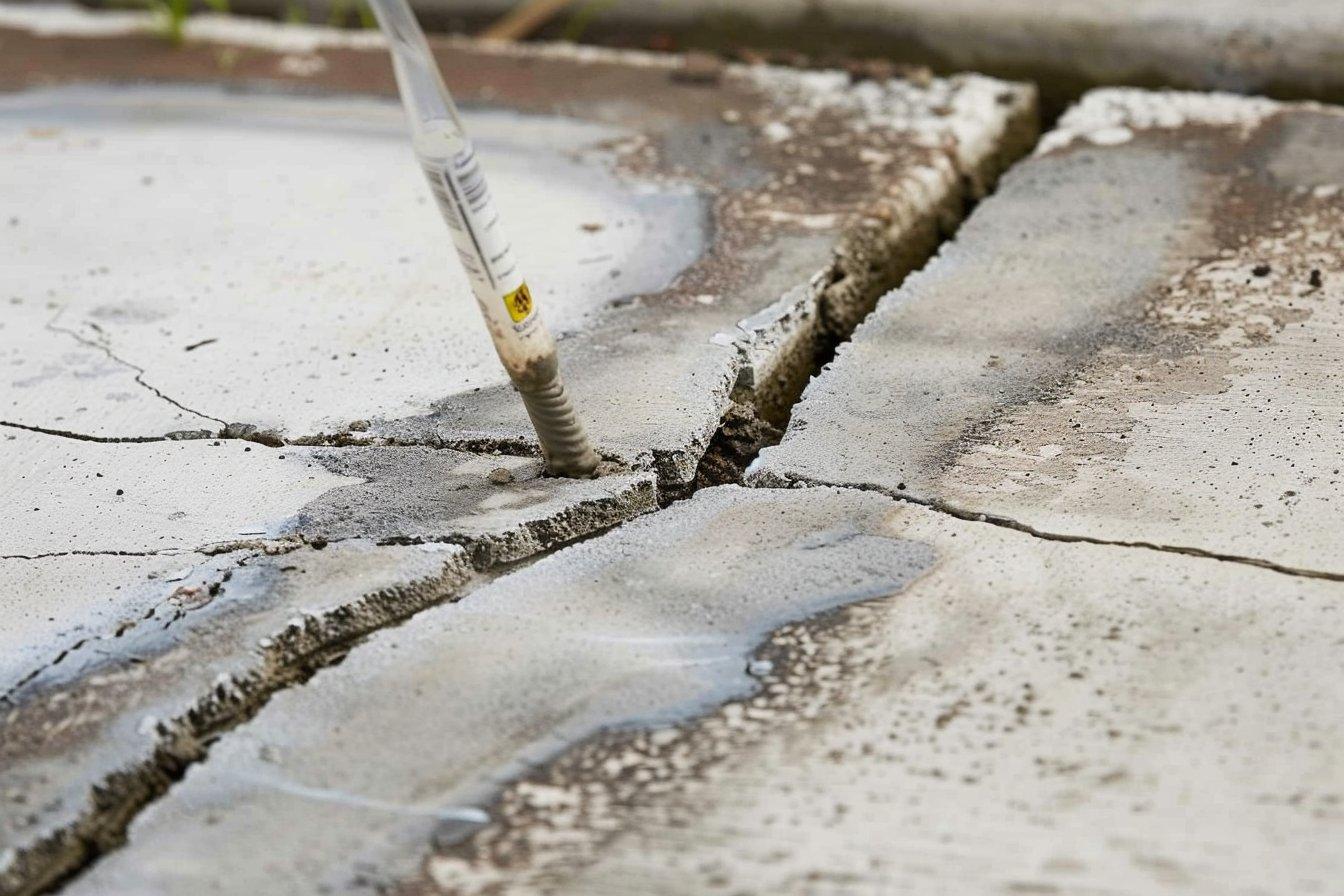Concrete Contractors: Services for Driveways, Houses, and Property
A concrete contractor brings technical skills and project management to installing, repairing, and finishing concrete on residential properties. Whether you need a new driveway, foundation work for a house, or site preparation for broader construction projects, understanding what contractors do and how they work with materials and permits helps property owners plan and set realistic expectations.

Concrete: What work do contractors perform?
Concrete contractors handle a range of tasks from surface preparation to finishing and curing. Typical responsibilities include site assessment, excavation, forming, pouring, finishing, and applying sealers. They select mixes and reinforcement (rebar, wire mesh) appropriate to load and climate, and they monitor curing to avoid cracking. Experienced contractors also advise on design elements like stamped patterns, exposed aggregate, and joint placement to control shrinkage and movement.
Driveway: planning and installation considerations
A driveway project involves grading, base preparation, proper drainage, and choosing a concrete mix suited to traffic and freeze-thaw conditions. Contractors measure slope to direct water away from the house and design joints to reduce cracking. For property owners, clear communication about expected thickness, reinforcement, and surface finish reduces surprises. Additions such as decorative stamps, colored concrete, or concrete overlays require planning for extra labor and time for proper curing and finishing.
House: foundations, slabs, and repair work
Concrete work for a house ranges from slab-on-grade floors and basements to footings and retaining walls. Contractors coordinate with structural plans and local building codes to size footings, specify reinforcement, and ensure proper drainage and waterproofing for foundation walls. Repair work — such as addressing settlement cracks, spalling, or moisture intrusion — often begins with diagnosis to determine if soil, drainage, or load issues contribute to damage. Timely intervention can prevent more extensive structural problems.
Property: site preparation and compliance
Before pouring concrete, contractors evaluate the property for grading, utility locations, and soil stability. Proper site preparation includes compaction of subgrade, installation of gravel or crushed stone base, and measures to control erosion and sediment. Contractors are also familiar with permitting and inspections required by local authorities; they often submit plans or coordinate with engineers when structural elements or large areas are involved. Maintaining documentation and following local codes helps avoid costly rework.
Construction: materials, finishes, and longevity
Material selection and finishing techniques affect both performance and appearance. Mix design—water-cement ratio, admixtures, and aggregate size—influences strength and durability. Finishes such as broomed texture, troweled smooth, stamped patterns, or polished surfaces each have different maintenance needs. Contractors recommend joint layout, sealers, and reinforcement to increase service life. Routine maintenance—cleaning, resealing, and timely repair of minor cracks—extends the useful life of concrete elements on your property.
Additional considerations for scheduling and weather
Weather and seasonal conditions strongly affect concrete work. Contractors plan pours to avoid extremes of heat or freezing temperatures; they may use accelerators, retarders, blankets, or curing compounds to manage set times and hydration. Scheduling must also account for curing time before traffic or construction continues: insufficient curing can reduce strength and lead to premature failure. Clear timelines and allowances for weather-related delays reduce disputes and help the construction process run smoothly.
Conclusion
Hiring a concrete contractor involves matching the scope of work to contractor expertise, ensuring site and design requirements are met, and planning for proper material selection and curing practices. For projects involving driveways, house foundations, or broader construction on your property, understanding the contractor’s role and the technical steps involved helps you evaluate bids and expect consistent results. Regular maintenance and attention to drainage and soil conditions support long-term performance.






